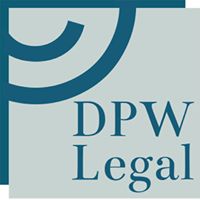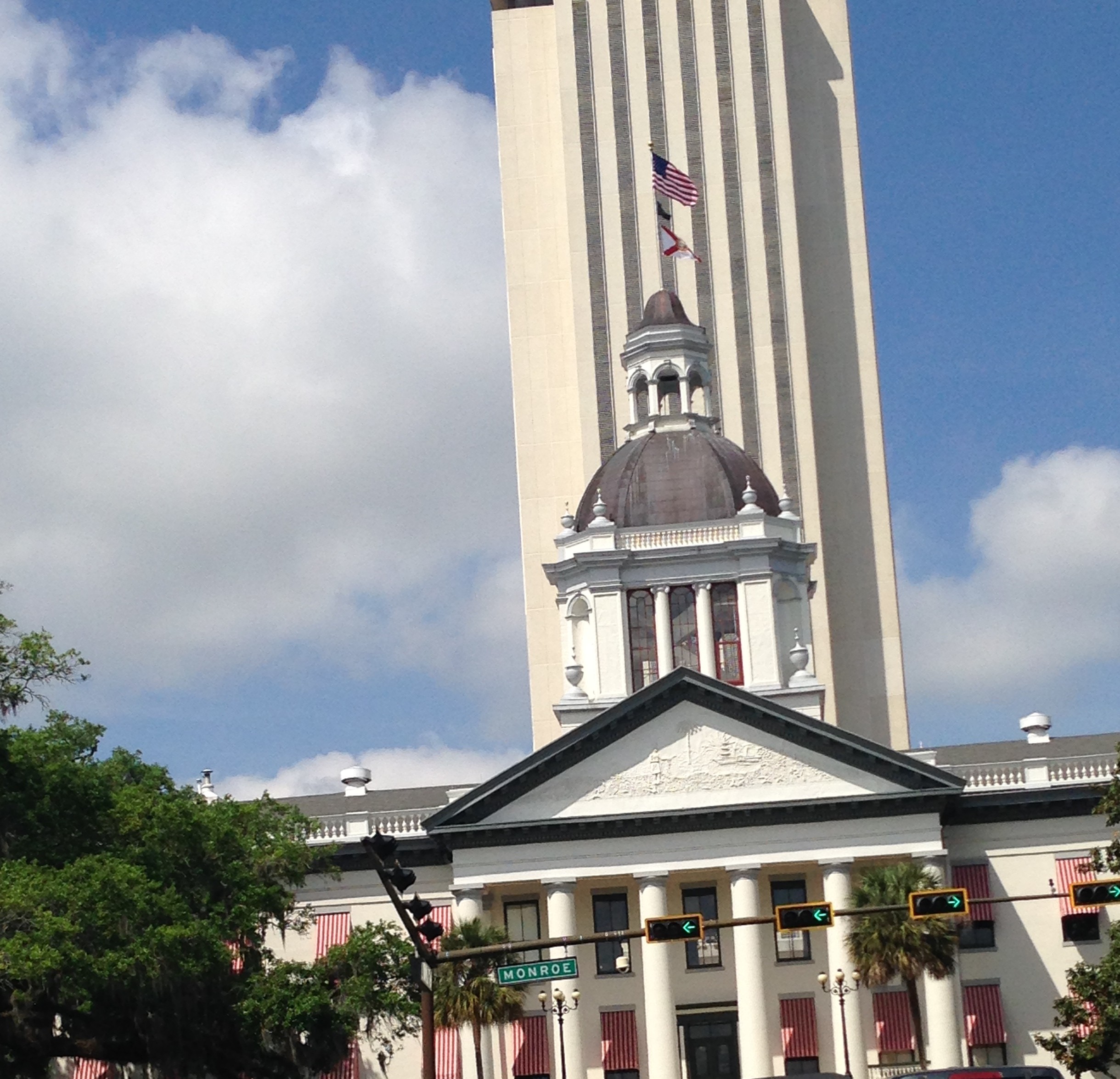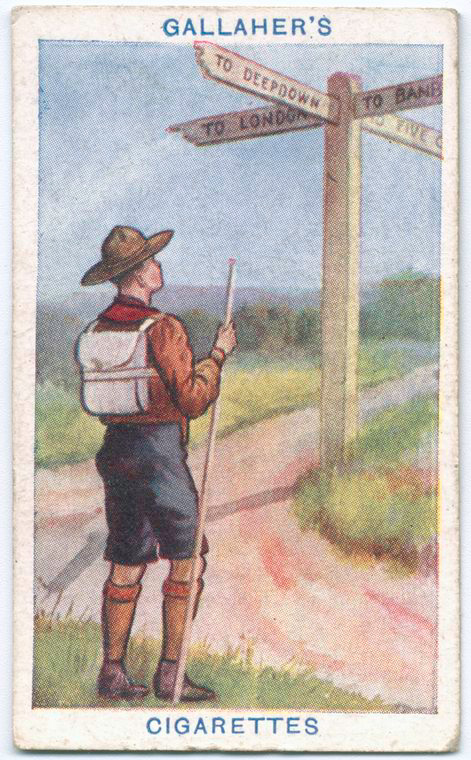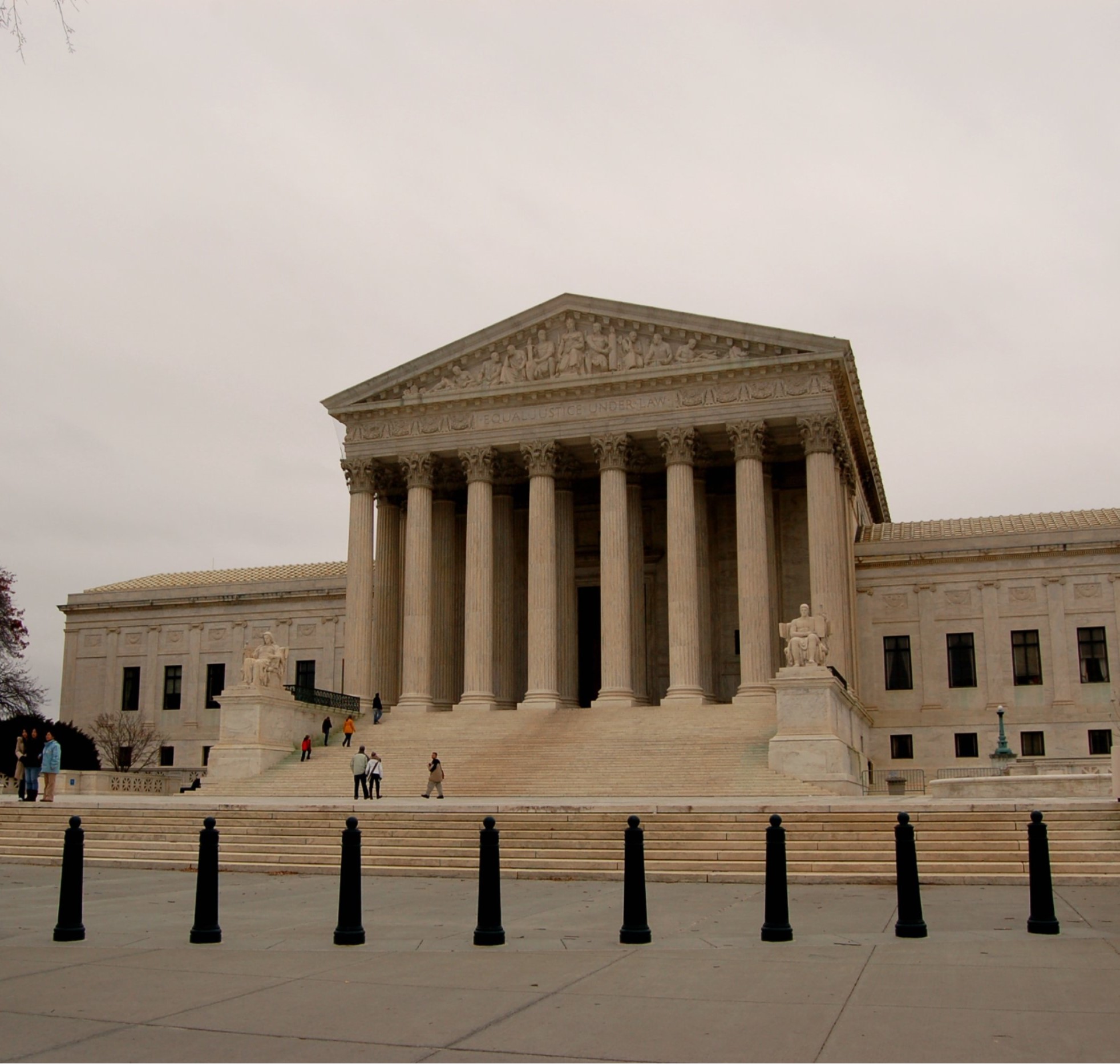Why Canadian Creators Should Register Copyrights in the United States
 If you are a Canadian author, artist, photographer, filmmaker, songwriter, musician, or other creative-type, you are probably creating works that are protected by Canadian copyright law. But if you plan to display or sell those works in the United States, you should consider investing in a United States copyright registration as well. Why? The short answer is damages and attorney’s fees. Let me explain.
If you are a Canadian author, artist, photographer, filmmaker, songwriter, musician, or other creative-type, you are probably creating works that are protected by Canadian copyright law. But if you plan to display or sell those works in the United States, you should consider investing in a United States copyright registration as well. Why? The short answer is damages and attorney’s fees. Let me explain.
Enforcing Copyright Infringement in the United States
First, a little history: It used to be that U.S. copyright law required all authors to register with the Copyright Office in order to enforce their copyright rights in Court. And worse, if you published a work without notice, your work could fall into the public domain. There was significant litigation over the issue of whether publication in a foreign country without notice would put a work into the public domain in the United States. And if you did register, you could lose your rights if you forgot to renew that registration in a timely manner.
In the 1970s and 1980s, Congress undertook to comply with international copyright treaties. It is no longer a waiver of your copyright rights to publish without notice in the U.S. (though notice is a good idea for other reasons). And under current law, there is no longer a re-registration trap — your copyright term is the same whether you register or not, and renewal registration is no longer a thing.
But the U.S. wanted to hold on to its registration requirements, at least for copyright owners who wanted to enforce their copyrights in Federal court. To do that, Congress created a definition of “United States works” in the copyright Act. 17 U.S.C. §101. If your work is a United States work, it must be registered (or refused registration) by the U.S. Copyright Office as a jurisdictional prerequisite to filing suit. If it is not a United States work, then the plaintiff is excused from the registration requirement and there is still jurisdiction to enforce in United States Federal courts. 17 U.S.C. §411(a).
Extra Remedies and Presumptions for Timely Registration
Moreover, Congress wanted to give authors an incentive to register copyrights from the outset, instead of waiting until there is a dispute leading to litigation. And so it made two very important decisions regarding remedies and presumptions granted to timely registered works. Authors who want to enforce their registrations in court, whether their works are United States works or not, may only be awarded attorney’s fees and statutory damages if the work is timely registered. 17 U.S.C. § 412.
And what is timely? If your work is unpublished, it has to have been registered before the infringement. If the work is published, there is a “hot news” exception, and it has to be registered either before any infringement, or if registered after infringement, at the earlier of within 3 months of first publication of the work or 1 month after the copyright owner learns of the infringement. And access to these two remedies — statutory damages and attorney’s fees — can often make the difference between a dispute that can be brought to court economically, or resolved prior to court, and a claim that is difficult to enforce even when it is legitimate. Statutory damages can be up to $150,000 for willful infringement, without having to prove the amount the owner is actually damaged. It provides a powerful leverage tool in pre-suit negotiations and at trial.
Registration early can also give you an advantage in court if there is a later infringement. If your registration was made within five years of publication, the registration is considered “prima facie” evidence that the copyright is valid and the facts stated in the application are correct. 17 U.S.C. §410(c).
But back to damages. The limitation on damages without timely registration applies whether your work is a United States work or not. That means that even if you are minding your own business in Canada, and someone from the U.S. infringes your work in the U.S., and you don’t have a timely registration, you can’t seek attorney’s fees and statutory damages in U.S. Courts. You are deprived of two really important remedies.
What is a United States work?
Moreover, even if you don’t care about the damages (which you should), your work may be considered a United States work that must be registered to enforce in the U.S. If you publish your work in the U.S. simultaneously with publication in your country of origin, or in the United States before anywhere else — it is considered a United States work. And if it is a United States work, then it must be registered in the U.S. to enforce here anyway, so you might as well register early to ensure access to the broadest range of remedies.
What is publication?
Moreover, it can be hard to tell, under U.S. law, whether or not your work is “published” as that term is used throughout U.S. Copyright law. Publication is defined in Section 101
as follows:
“Publication” is the distribution of copies or phonorecords of a work to the public by sale or other transfer of ownership, or by rental, lease, or lending. The
offering to distribute copies or phonorecords to a group of persons for purposes of further distribution, public performance, or public display, constitutes publication.
A public performance or display of a work does not itself constitute publication.
17 U.S.C. 101. Because access to attorney’s fees and statutory damages hinges on whether or not registration was timely, which in turn can hinge on whether the registered work was published or not, there is a LOT of litigation over whether a work is published or not. Moreover, because registration is a prerequisite to suit for a United States work, defendants often try to knock out registrations for fraud on the copyright office for getting the published/unpublished distinction wrong. What is clear is that merely putting something on the internet may well not be publication.
It’s a Deceptively Simple Government Form
These details are why we strongly recommend that creators don’t go it alone, and instead seek experienced copyright counsel to assist them in securing timely registrations. Ensuring you will be entitled to the full array of damages and attorney’s fees, avoiding expensive litigation over registration errors, and give you peace of mind as you market your works. It’s a relatively small investment with a huge payoff if you ever have an infringement dispute. Call our offices at 813-778-5161 to schedule a consultatation.






 Public Domain Per Flickr User Szántó
Public Domain Per Flickr User Szántó